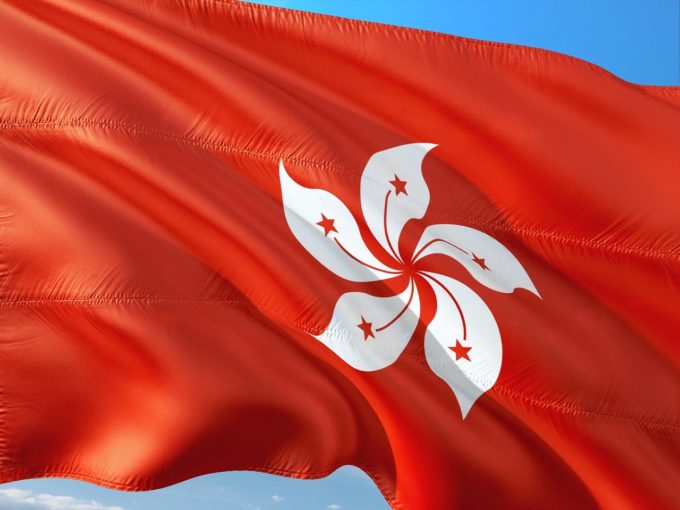
Here you come again.
Just when we had begun to get our compliance plan together
You waltz right in the door
Just like you have done before
With another change in hand
And now we need to adjust our heads to yet another round of regulations
(Adapted From Here you Come Again, Dolly Parton)
Once again, companies exporting to Hong Kong will quickly need to adjust to the fact that, for shipments of products or transfers of technology, whether controlled under the EAR or the ITAR, a license will be required and the days of preferential treatment for such shipments or transfers are no longer available. Or, if you have significant imports from Hong Kong these will now be subject to the Section 301 tariffs based on the assumption the goods are of Chinese-origin.
Since the end of May, we have been waiting on tender hooks to understand the impact of the suspension of the regulations that allowed Hong Kong ‘favored’ treatment over China when it came to military and dual-use goods. Hong Kong, until now, was a separate entry on the Commerce Country Chart in Supplement 1 of Part 738 of the EAR, which allowed favorable treatment regarding U.S. export and licensing regulations as a cooperating country with the multilateral export control regimes.
- June 29, 2020 brought the announcement of the rollback of Hong Kong preferential treatment as the U. S. Department of State and the Department of Commerce could no longer confidently differentiate between the export of controlled items to Hong Kong or mainland China and the risk of such goods falling into the hands of the Chinese military (Revocation of Special Status).
- June 30, 2020, the Department of Commerce issued a follow-on notice indicating that all license exceptions to Hong Kong that provided ‘preferential treatment’ to Hong Kong other than those available to China were, suspended immediately (Suspension of License Exception for Hong Kong) .
So, what do the above actions translate into for exporters? Below are several impacts the new rules will have:
No Longer Available
- License Exception Technology and Software under Restriction (“TSR”)
- License Exception Strategic Trade Authorization (“STA”)
- Certain License Exceptions for 9×515 or “600” ECCNs for Temporary Exports, Re-exports and Transfers (in-country)
- Note: ECCN 5A002 for hardware shipments and 5D002 software transfers will still be available to use License Exception ENC (b)(1) and (b)(3) as China is currently eligible for the use of the Exception.
New Restrictions
- Data stored in Hong Kong would not be qualified for the new encryption rule under either ITAR or the EAR.
- The new military end-use/end-user rule now applies to applicable entities in Hong Kong.
- The previously allowed ‘re-export’ of items from Hong Kong to China will be viewed as an in-country transfer, likely requiring a license.
- Items controlled for Chemical and Biological weapons, CB3 on the EAR Country Chart, will require a license to Hong Kong.
- Items listed in a ‘500,’ or ‘600’ ECCN that are controlled under ’.y’ will require a license approval.
If you haven’t done so already, a thorough review of any business activities you are involved in or with Hong Kong companies should be considered and reviewed to determine how you will handle the changes to the regulations.
Food for Thought
- Any new business will require a license authorization. BIS has indicated that if a company currently has a valid license authorization naming Hong Kong as a transfer territory and the license is not exhausted, it will not be revoked at this time.
- Given that more licensing will be required, do you have the staff to handle the increase?
- Have you looked at your Supply Chain to determine if there are other suppliers you can utilize that can take over production and will not manufacture items in ‘China’ to help alleviate the 301 tariffs?
As with everything in our compliance world, change is inevitable, but how you manage the changes and provide guidance to your company is the most important outcome of any adjustment within your regulatory environment.
For assistance in navigating all of the recent changes, please contact Export Solutions for a free consultation.
Beverly Demma is a Sr. Consultant for Export Solutions -- a full-service consulting firm specializing in U.S. import and export regulations.
